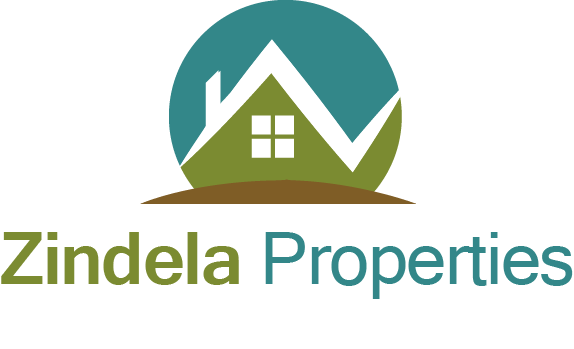Welcome to Zindela Properties’ Blog!
Hey there, property enthusiasts and landowners! Today, we’re diving into an important topic that affects many of us in the Philippines – the Idle Land Tax. Whether you’re a seasoned property investor or a first-time landowner, understanding this tax is crucial in managing your assets effectively. So, let’s break it down and see how it impacts you and your property.
What is Idle Land Tax?
Idle Land Tax in the Philippines is a form of property tax imposed on lands that are deemed unproductive, underutilized, or not maximized to their full potential. This tax is intended to encourage landowners to develop their properties, thereby boosting economic growth and preventing the wastage of valuable land resources.
Why Should You Care?
As a property owner, it’s essential to be aware of Idle Land Tax because it can significantly affect your annual expenses. Ignoring it can lead to unexpected costs and legal issues. Plus, by understanding this tax, you can make more informed decisions about your property, whether it’s developing it or selling it at the right time.
Who is Affected?
Idle Land Tax applies to both residential and non-agricultural lands in urban and metropolitan areas. If you own a piece of land in these areas and it falls under the criteria set by the local government unit (LGU), you might be liable to pay this tax.
How is Idle Land Tax Calculated?
The calculation of Idle Land Tax varies depending on your LGU’s ordinances. Typically, it’s a certain percentage of the assessed value of your land and is in addition to the regular real property tax. The rates and assessment methods can differ, so it’s wise to check with your local tax office for specifics.
What Can You Do to Avoid It?
Avoiding Idle Land Tax is all about the productive use of your land. Consider developing it for residential, commercial, or agricultural purposes, depending on its location and zoning regulations. If development isn’t in your immediate plans, exploring temporary uses like leasing it for parking or events can be viable options.
Zindela Properties’ Tips:
- Stay Informed: Regularly check with your LGU for updates on tax rates and exemptions.
- Develop a Plan: If you own idle land, start planning for its development. It could be a lucrative investment.
- Seek Expert Advice: Consult with property professionals to explore the best options for your land.
- Consider Joint Ventures: If development costs are high, think about partnering with developers or investors.
Conclusion
The Idle Land Tax is an essential aspect of property ownership in the Philippines. By staying informed and proactive, you can turn what seems like a liability into a valuable asset. Remember, at Zindela Properties, we’re here to help you navigate these waters. Feel free to reach out to us for more advice or assistance with your property needs.
Stay updated with more insights and property news by following the Zindela Properties blog. Until next time, happy investing!



